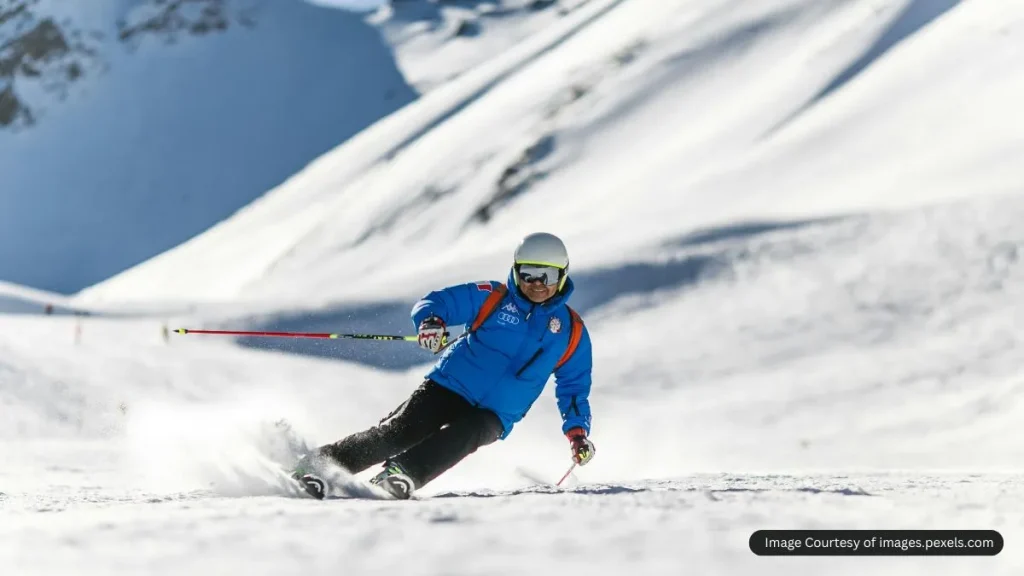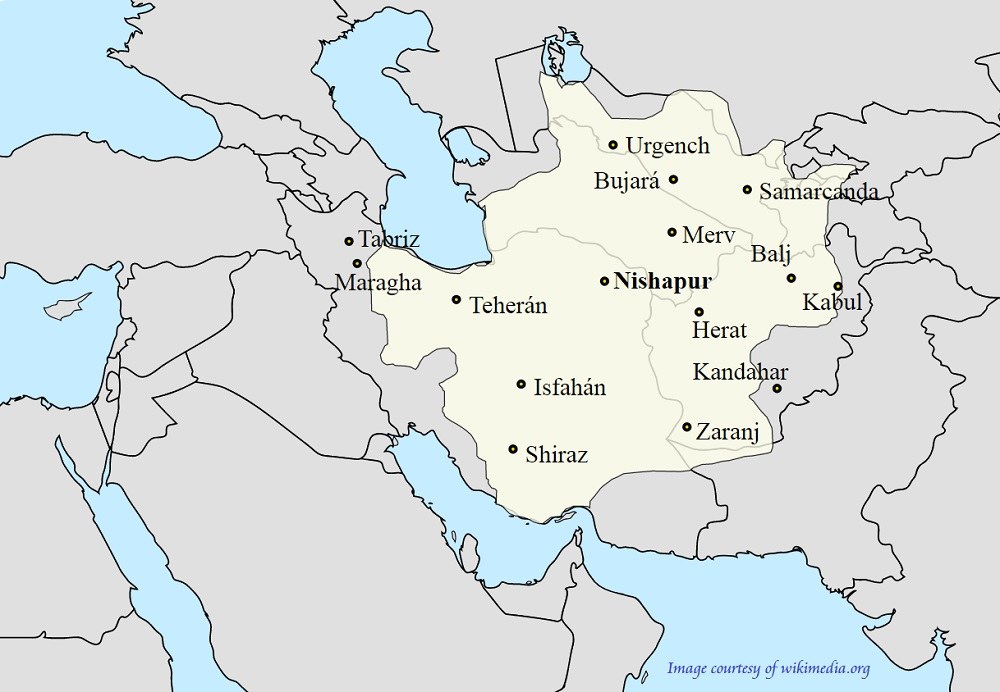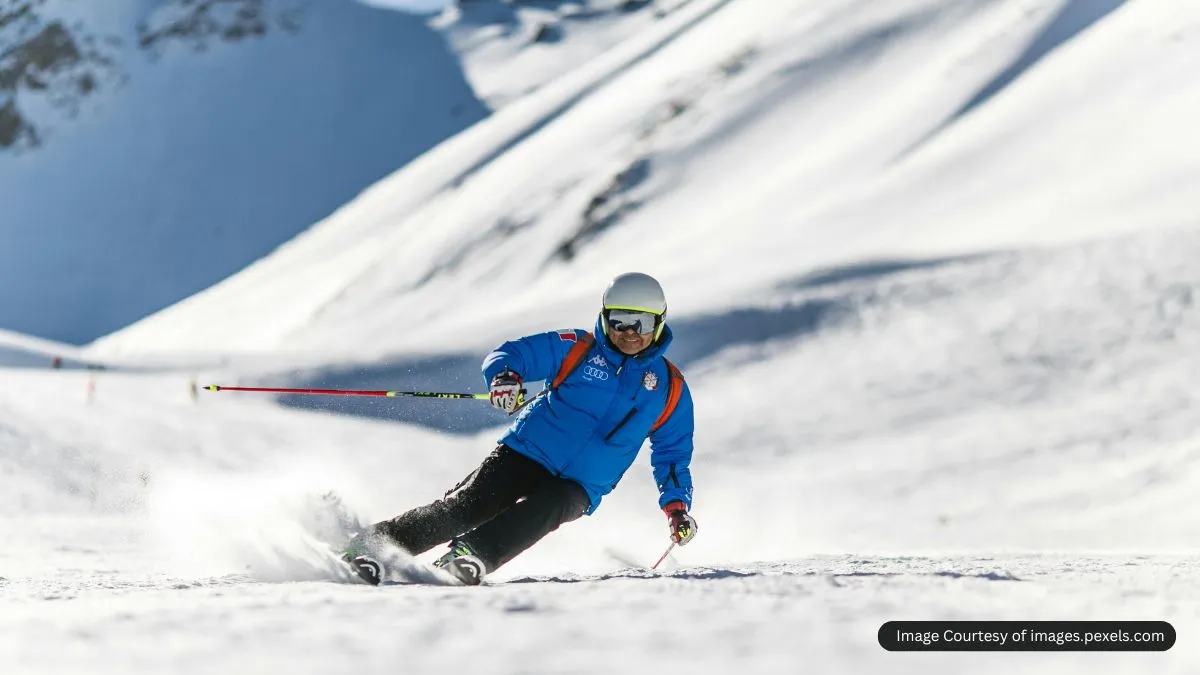
A great ski vacation starts with thoughtful planning that suits every skill level. Whether you’re a beginner seeking gentle slopes or an expert chasing challenging terrain, your destination and preparation should align with your skiing goals.
The global ski scene spans far beyond the Alps and Rockies, from Iran’s powder-rich Alborz Mountains to world-class resorts across the U.S.
To illustrate, Copper Mountain in Colorado is a premier example of a family-friendly resort. It perfectly segregates its 2,465 acres of skiable terrain into four skill-based areas. Finding the right lodging near Copper Mountain, Colorado, from ski-in/ski-out condos to hotels, becomes the first logistical step toward an effortless trip. There’s a lot more that goes into a trip that works for everyone, regardless of their skill levels.
This guide provides a comprehensive framework for planning your ultimate winter getaway.
Choose the Right Destination for Mixed Skill Levels
When planning a ski vacation for both beginners and experts, choosing the right destination is essential. The best resorts feature a variety of slopes suited to different skill levels, clearly marked as green (beginner), blue (intermediate), and black (expert).
Iran has become an emerging favorite among skiers, with resorts like Dizin in the Alborz Mountains offering diverse runs for all skill levels. The resort features quality snow from December to May and stunning mountain scenery that rivals many European destinations.
According to The Globe and Mail, ski writer Iain MacMillan praised destinations like Iran and Georgia for their warm hospitality, culture, and unique skiing experiences. For travelers seeking more traditional options, the French Alps, including Les Arcs and Tignes/Val D’Isère, offer legendary terrain and alpine charm. Meanwhile, the Rockies and Japanese Alps deliver world-class powder, modern amenities, and diverse experiences for skiers of all levels.
When deciding, also consider factors like airport access, ski schools, and après-ski offerings to ensure a balanced experience for everyone.
Understand Skill Levels and Set Realistic Expectations
A successful ski vacation begins with honestly assessing everyone’s skill level and setting realistic expectations. Beginners should focus on mastering basics like balance, snowplow stops, and gentle turns before attempting advanced runs, as rushing progress can lead to injury.
Intermediate skiers often benefit from wide blue runs that promote steady confidence-building without overwhelming challenges. Experts, meanwhile, should anticipate balancing their thrill-seeking with group activities. Planning separate skiing times helps everyone enjoy the trip at their own pace.
Many resorts offer convenient meeting points and tracking systems so groups can easily reconnect after skiing. Booking lessons tailored to each level enhances both safety and enjoyment. Group lessons build camaraderie, while private instruction accelerates individual improvement.
Some resorts also offer multi-day packages combining lift passes, rentals, and instruction, making skill development both structured and affordable.
Select Accommodations That Enhance Your Experience
Selecting the right accommodation can elevate your ski vacation from enjoyable to exceptional. After an active day on the slopes, comfort and convenience are essential.
According to the Frisco Inn on Galena, you want to ensure you can relax and unwind at day’s end. This is especially important since skiing is a highlight many anticipate all year, with new slopes to conquer, skills to sharpen, and stunning scenery to enjoy.
Ski-in/ski-out properties offer unbeatable access to the slopes but often come at premium prices. For others, nearby lodgings with shuttle services, gear storage, and drying rooms strike a balance between cost and comfort. Family-friendly stays with kitchens and multiple rooms suit longer trips, while studios work well for couples.
After skiing, amenities like hot tubs or saunas provide welcome relief for tired muscles, making recovery part of the experience rather than an afterthought.
Essential Planning Timeline and Booking Strategy
Successful ski vacations demand planning, especially for peak season (holidays), which requires booking 6-8 months ahead for optimal rates and lodging. Traveling during the shoulder season (early Dec/late Mar) can offer great snow with fewer crowds and lower costs.
A key strategy is securing lift tickets online well in advance, often saving 30–50% compared to window prices, particularly when opting for multi-day passes. Similarly, equipment rental reservations should be pre-booked to ensure proper sizing and minimize on-site wait times.
Finally, travel insurance is crucial. Due to unpredictable mountain weather and the potential for injury, comprehensive policies covering trip cancellation, medical expenses, and emergency evacuation are essential.
Prepare Physically and Mentally for the Slopes
Physical preparation is key to maximizing enjoyment and minimizing injury risk. Start conditioning 6-8 weeks prior, focusing on leg strength and core stability with exercises like squats and lunges.
Effective off-season training includes hiking, running, and cycling, which build cardiovascular endurance and strengthen leg muscles. Mountain biking offers the added benefit of coordination practice, mimicking the demands of skiing.
Mental readiness is also crucial, particularly for beginners. Watching instructional videos familiarizes you with terminology, reducing anxiety. Experts should manage expectations, starting on easier terrain to reacclimate. Understanding that falling is a normal part of learning helps maintain a positive attitude, ensuring a safer and more enjoyable experience on the mountain.
Pack Smart for Mountain Conditions
Proper packing ensures comfort and safety in mountain environments where the weather can change rapidly. Layering systems work best, combining moisture-wicking base layers, insulating mid-layers, and waterproof outer shells. Avoid cotton, which retains moisture and fails to insulate when wet.
Essential items include quality ski socks (not cotton), waterproof gloves or mittens, neck gaiters or balaclavas, helmets (mandatory at many resorts), and UV-protective goggles or sunglasses. Sun protection, high SPF sunscreen, and lip balm prevent painful burns from intense mountain sun reflecting off snow.
Hand warmers, small first-aid supplies, and trail maps round out on-mountain essentials. Many skiers carry small backpacks for storing extra layers, snacks, and water bottles, as mountain dining can be expensive.
Frequently Asked Questions
How many days should I plan for my first ski vacation?
For beginners, a 4-5 day trip provides an optimal balance. The first day typically involves equipment rental, orientation, and possibly a beginner lesson, leaving 3-4 days for actual skiing. This allows time to build confidence without overwhelming muscles unaccustomed to skiing’s demands. Experts can maximize shorter trips, but longer stays allow for exploring more varied terrain and recovering from challenging days.
Is it better to rent or buy ski equipment as a beginner?
Beginners should always rent initially. Quality rental equipment allows you to try skiing without substantial financial investment and lets you experiment with different equipment styles to understand your preferences. Rental packages typically include skis, boots, poles, and often helmets. Only consider purchasing equipment after several trips when you’re certain skiing will become a regular activity and you understand what equipment suits your style.
What’s the best way to prevent altitude sickness at high-elevation ski resorts?
Arrive a day early when possible to allow gradual acclimatization before physical exertion. Stay well-hydrated by drinking more water than usual, limiting alcohol consumption (which exacerbates altitude effects), and avoiding overexertion on your first day. If experiencing headaches, nausea, or dizziness, descend to a lower elevation, rest, and stay hydrated. Some travelers benefit from consulting doctors about altitude sickness medication before trips to high-elevation destinations.
Planning the perfect ski vacation requires careful consideration of skill levels, destination, and accommodations. Preparing physically and mentally enhances enjoyment and safety on the slopes. With thoughtful timing, realistic expectations, and the right gear, both beginners and experts can create a memorable, rewarding mountain experience.













